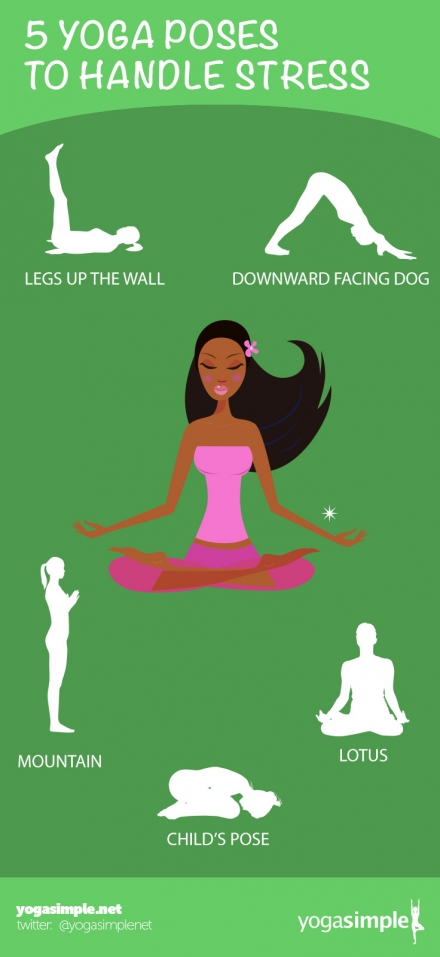If you’re just dipping your toes into the vast, peaceful ocean of yoga, you’re in for a surprise. Yoga is more than just a physical workout—it’s a holistic practice that harmonizes the body, mind, and spirit. Beyond the obvious physical benefits, yoga boasts a treasure trove of mental health perks, making it a powerful ally in maintaining psychological well-being. So, if you’re intrigued and wondering what these benefits might be, join us as we explore the incredible mental health advantages of yoga for beginners.
The Science Behind Yoga and Mental Health
Yoga’s impact on mental health isn’t just hearsay—it’s backed by science. Let’s break down how this ancient practice can boost your mental health.
- Stress Reduction: Yoga, with its mindful movements and deep breathing, activates the body’s relaxation response, curbing the stress hormone cortisol. This, in turn, helps to alleviate stress and anxiety, promoting a sense of calm and well-being.
- Promotes Better Sleep: The calming effect of yoga extends beyond your practice, improving your sleep quality. Regular yoga practice can help regulate sleep patterns, combat insomnia, and leave you feeling refreshed and rejuvenated each morning.
- Boosts Mood: Yoga triggers the release of “feel-good” neurotransmitters such as serotonin and dopamine, leading to improved mood and a general sense of happiness.
Yoga Poses for Mental Wellness
Certain yoga poses are particularly beneficial for mental wellness. Here are some you can try:
- Child’s Pose (Balasana): This restorative pose helps to calm the nervous system and relieve stress, providing a sense of comfort and peace.
- Downward Facing Dog (Adho Mukha Svanasana): This pose energizes the body, reduces stress, and alleviates symptoms of depression.
- Warrior Pose (Virabhadrasana): Known for inducing a sense of power and strength, the Warrior Pose can boost confidence and self-esteem.
Yoga and Mindfulness
One of the key aspects of yoga is its ability to cultivate mindfulness, which has several mental health benefits.
- Enhanced Self-awareness: By promoting mindfulness, yoga encourages you to stay present and focused, enhancing self-awareness. This can lead to better understanding of your emotions and triggers, helping manage mental health issues more effectively.
- Reduced Negative Thinking: Mindfulness allows you to observe your thoughts without judgment. This can help reduce negative thinking patterns and promote a more positive mindset.
The Role of Breathing in Yoga
Breathing, or Pranayama, is a vital part of yoga. Here’s how it contributes to mental health:
- Calms the Mind: Deep, controlled breathing during yoga calms the mind, reducing stress and anxiety.
- Enhances Focus: Focusing on your breath during yoga enhances concentration and promotes mental clarity.
Making Yoga a Habit
To reap the mental health benefits of yoga, it’s important to make it a regular practice. Here are some tips:
- Start Small: Begin with short sessions and gradually increase the duration as your body gets used to the practice.
- Be Consistent: Consistency is key. Even a few minutes of daily practice can yield significant benefits over time.
- Seek Guidance: Consider joining a yoga class or hiring an instructor for personalized guidance, especially if you’re a beginner.
Conclusion: Embrace Yoga for Mental Well-being
As we wrap up, it’s clear that yoga offers a holistic approach to mental health, capable of healing the mind as much as the body. The combination of physical postures, mindful breathing, and a heightened sense of awareness not only nurtures your physical well-being but also paves the way for mental and emotional resilience. So, if you’re at the beginning of your yoga journey, remember that each pose, each breath, each moment spent on the mat contributes to better mental health. Embrace the journey, and let yoga be your companion in navigating the sometimes turbulent seas of mental health.
0














